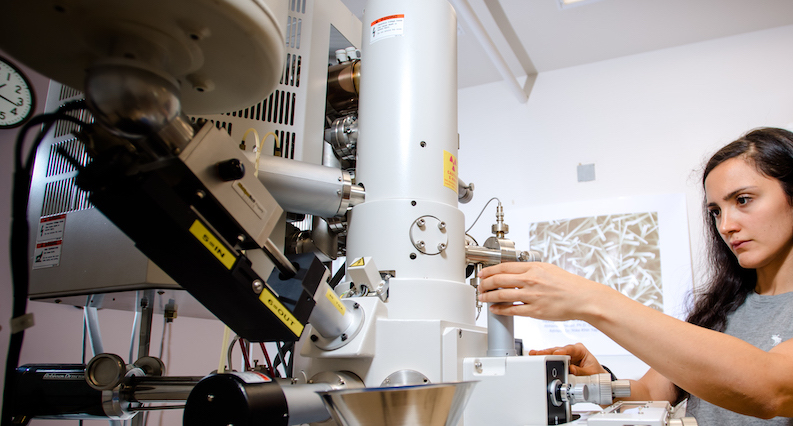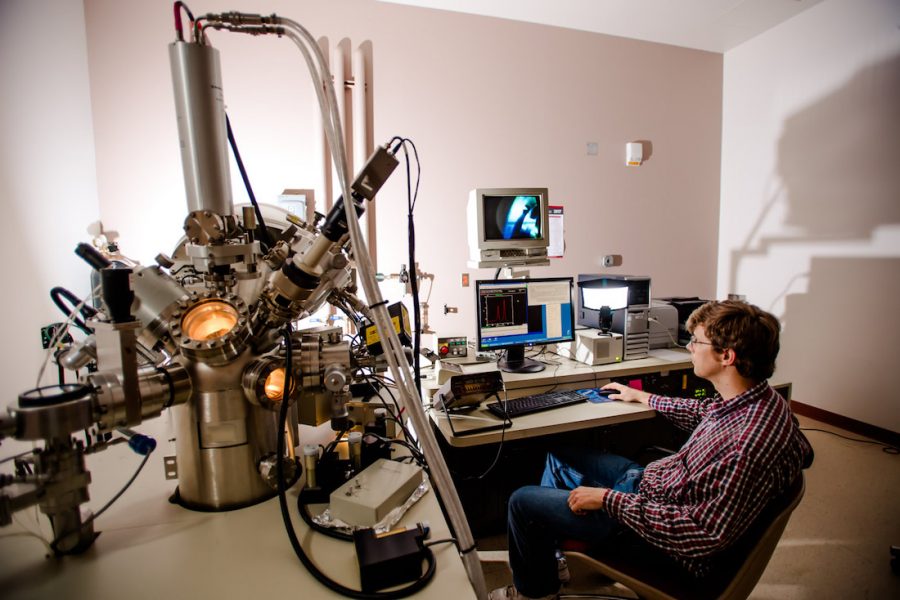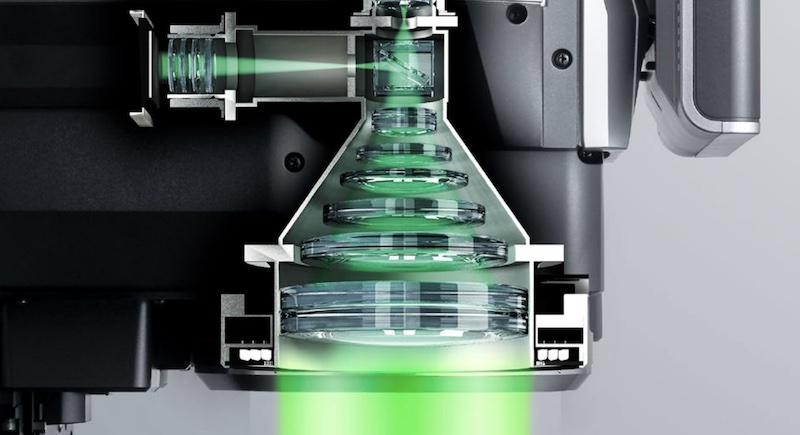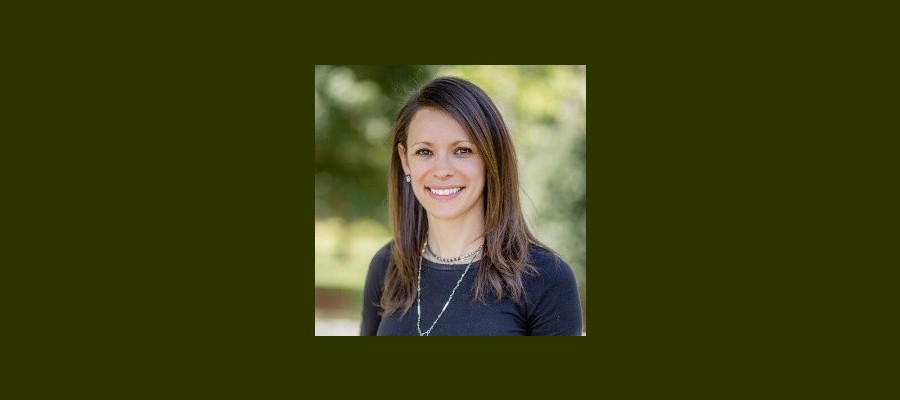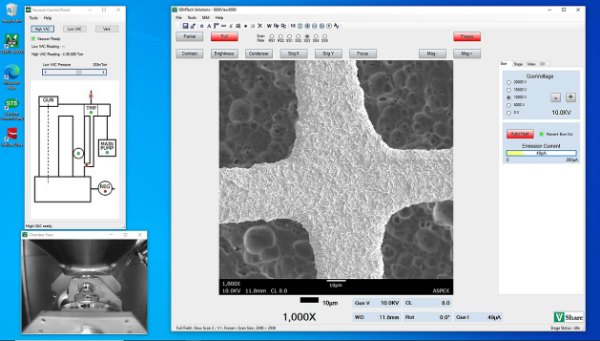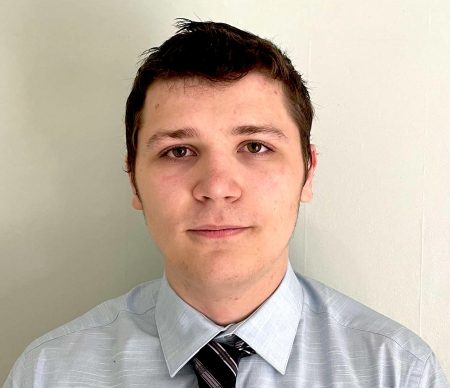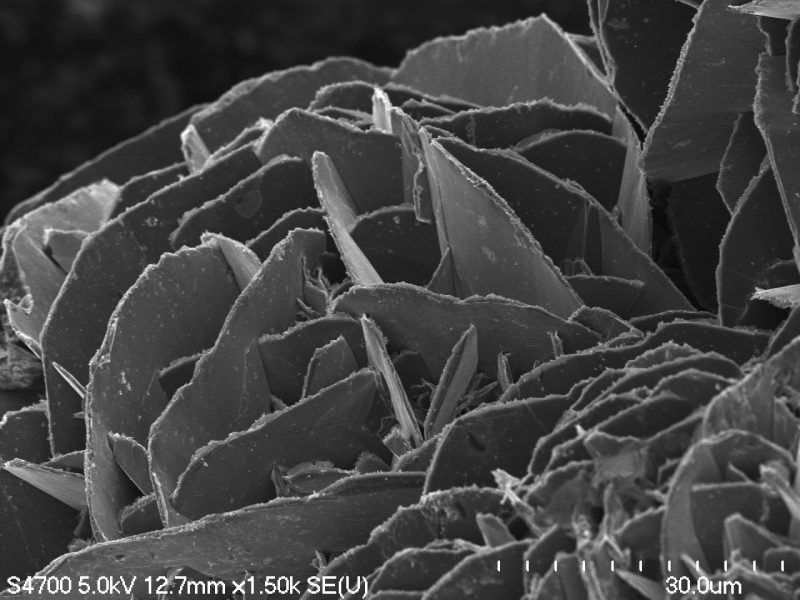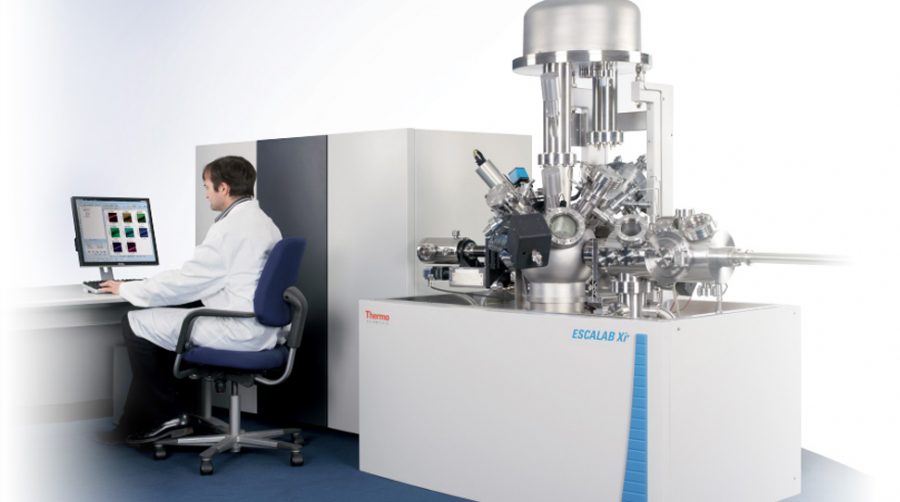
ACMAL is please to extend an invitation to the MTU research community for a Brunch and Learn session with ThermoFisher on April 25, 2024, 9–11 a.m.
Learn how X-ray Photoelectron Spectroscopy (XPS) can be used to investigate cutting-edge materials via surface chemistry and the elemental as well as electronic state of atoms.
Why you should attend:
- Expand your understanding of XPS for materials analysis.
- Speak directly with experts about today’s instrumentation and how it can work for you.
Date: April 25
Time: 9–11 a.m.
Location: M&M 610


